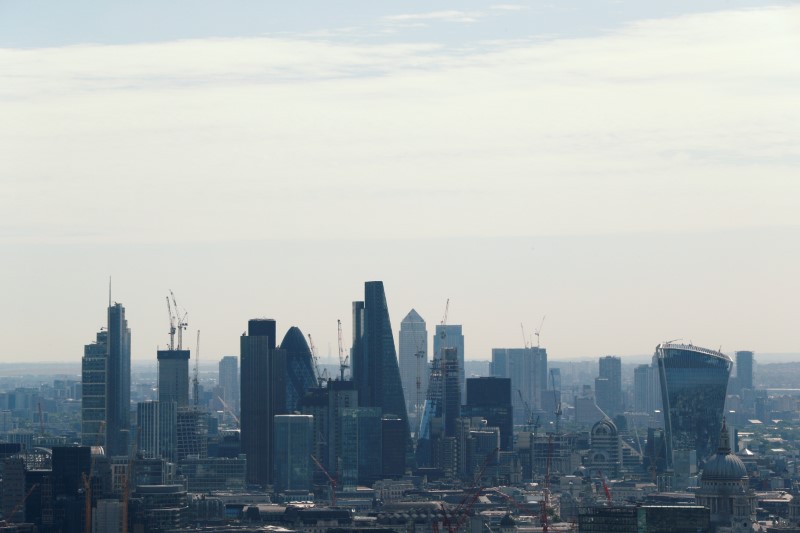Investors welcome reduction but seek further action

LONDON (Reuters) — Pay packages for the bosses of Britain's 100 biggest listed companies dropped 13 per cent over the past year, a survey showed on Thursday, amid rising political and investor pressure to rein in on excessive earnings.
The survey by the Chartered Institute of Personnel and Development (CIPD) and the High Pay Centre think tank showed the median pay for chief executives of companies in the FTSE 100 index was 3.45 million pounds ($4.57 million) in 2016, down from 3.97 million pounds in 2015 and only marginally higher than in 2010.
There was a "clear disparity" in pay between female CEOs and their male counterparts who earn on average almost twice as much, the survey showed, and still leaves most chief executives earning more than a 100 times the wage of the average worker.
"This is a small but significant reduction and we view this positively," said Luke Hildyard, Policy Lead: Stewardship & Corporate Governance, Pensions and Lifetime Savings Association. "However, any complacency would be wrong."
"Many companies are not listening to feedback from shareholders on this issue and the vast majority of pension fund investors think that pay gaps between executives and the wider workforce are too large."
The CIPD said pay packages for CEOs remained "extraordinarily high" and for every 1 pound that the average FTSE 100 employee is paid, their chief executive earns 129 pounds. That ratio was down from 148 pounds in 2015, however.
The decline in the total value of CEOs' pay and perks follows increased pressure from investors ahead of the last round of shareholders' annual general meetings, at which pay and other corporate issues were discussed and voted on.
Among those to speak out earlier in the year about how boards should set their pay policies, which govern payouts for the next three years, were BlackRock, Legal & General and Norway's sovereign wealth fund.
Commenting on the survey results, a spokeswoman for the Investment Association, a trade body for asset managers, said several FTSE 100 companies had taken account of pay levels when setting pay policies, but it wanted the trend to continue.
Income inequality is a hot political topic in Britain. Wage growth is not keeping pace with rising inflation since last year's Brexit vote, putting consumer spending under strain.
Prime Minister Theresa May has promised to overhaul corporate governance to try and close the earnings gap.
"We have to hope that the reversal in rising executive pay is the beginning of a re-think on how CEOs are rewarded, rather than a short-term reaction to political pressure," said the CIPD's chief executive, Peter Cheese.
Business Minister Margot James said the CIPD's report showed companies were making progress in ensuring executive pay is properly linked to performance, as sought by the government.
($1 = 0.7551 pounds)




